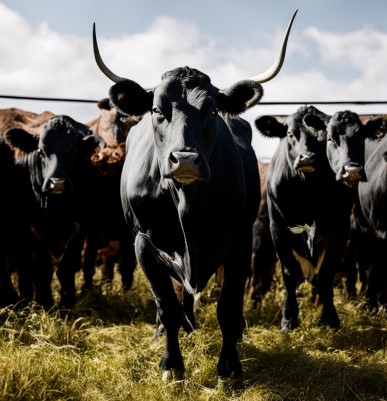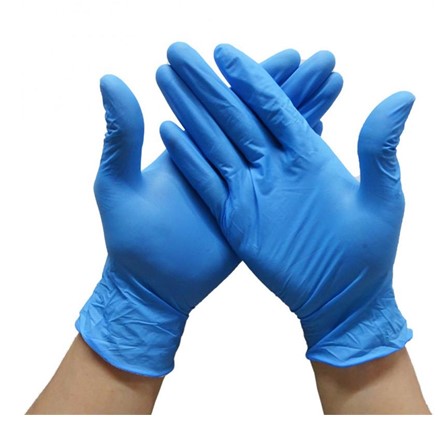Russia temporarily bans EU meat supplies due to foot-and-mouth disease outbreak in Germany

Why was the ban introduced now?
In early January 2025, an outbreak of foot-and-mouth disease was recorded in the state of Brandenburg, Germany, which led to the death of three buffaloes. Rosselkhoznadzor responded promptly by imposing a ban on the import of livestock products from the EU for a month - from January 20 to February 20. However, as the head of the agency, Sergei Dankvert, explained, lifting the restrictions will not be easy: enterprises from the EU will be able to resume deliveries only after inspections by Russian authorities.
At the same time, experts note that meat supplies from the EU to Russia are already minimal due to the food embargo introduced back in 2014. For example, in 2022 and 2023, Germany did not export meat to Russia at all, and in 2023, only $232,000 of boneless chilled beef was supplied from France .
What goods are banned?
The ban will affect beef, pork, offal, and animal feed that are not subject to the current embargo. However, some biological materials, such as bull semen and hatching eggs , will continue to be supplied, as they are not controlled for foot-and-mouth disease.
Experts emphasize that the ban is unlikely to have a significant impact on the Russian market, since the volumes of supplies from the EU are minimal. However, prices for similar goods from other countries may increase.
Risks of a ban: animal feed
One of the problems could be a temporary cessation of pet food supplies from the EU. In recent years, Russian producers have faced deteriorating quality of imported feed, including the presence of pathogenic microflora and heavy metals. At the same time, the Russian feed industry is actively developing: in 2024 alone , more than 40 new factories were opened, which is gradually reducing dependence on imports.
Foot and mouth disease: a threat to the economy and health
Foot-and-mouth disease is a dangerous infectious disease that affects both animals and humans. In the event of an outbreak, the infected livestock is subject to destruction, which causes significant economic damage. In Russia, foot-and-mouth disease is taken extremely seriously: in 2023, an outbreak in the Zabaikalsky Krai led to the destruction of hundreds of heads of cattle.
Results: excessive but justified ban
Although the ban on imports from the EU may seem excessive, it is entirely justified in terms of protecting against the spread of infection. Given the interconnectedness of the EU economies, without strict inspections it is impossible to guarantee the safety of products.
The main task is to prevent the penetration of foot-and-mouth disease into Russian territory and to maintain the stability of domestic animal husbandry.
Thus, the temporary ban on meat imports from the EU is a preventive measure that, despite being excessive, is aimed at protecting the health of citizens and the country's economy.




























































